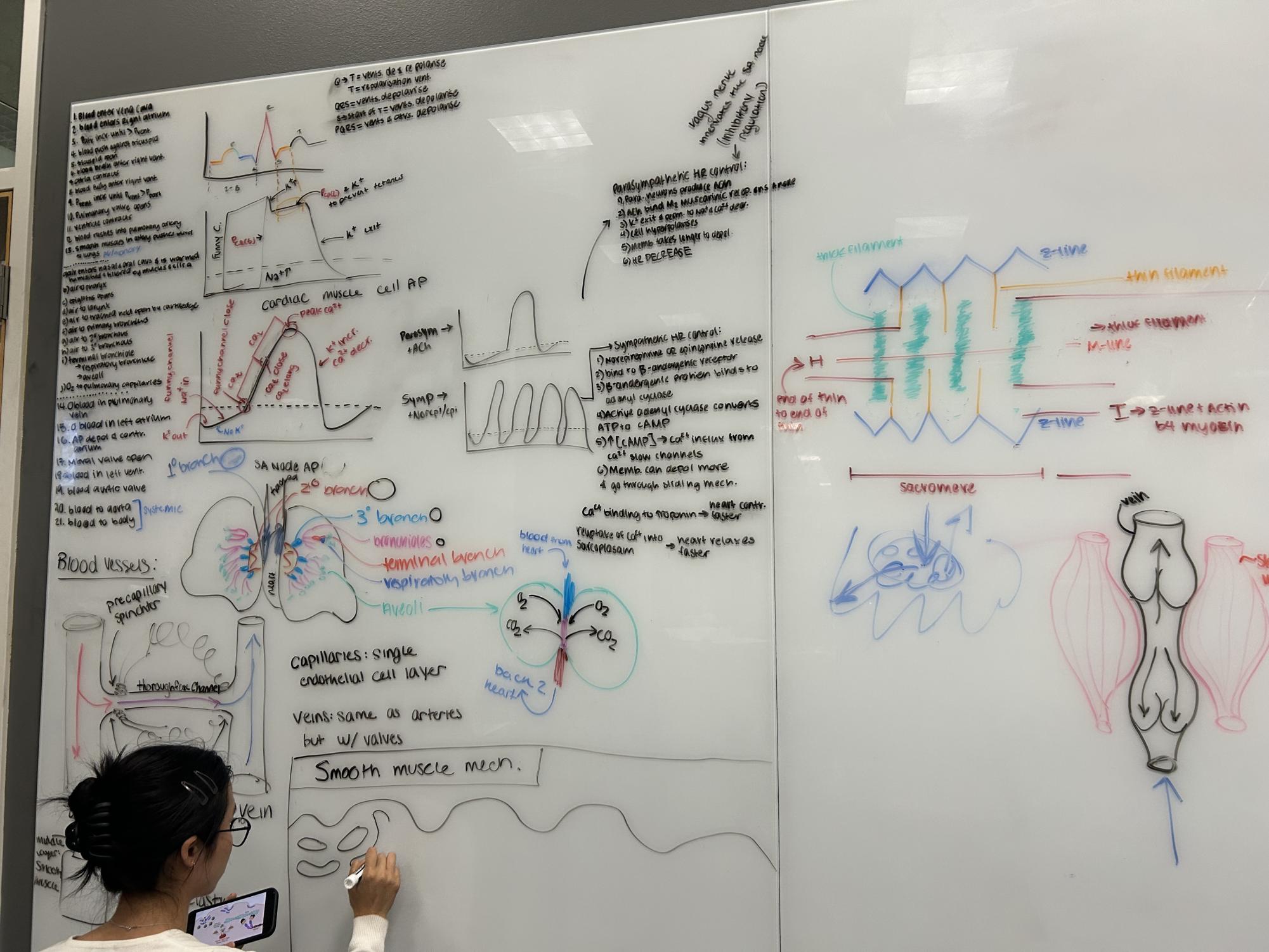With a new year starting at Case Western Reserve University, many students are pressuring themselves to achieve high GPAs, excel in their extracurriculars and social lives and, most importantly, get that coveted industry experience or acceptance into professional/graduate school programs. It’s safe to say that many of us resort to perfectionistic tendencies while pursuing these goals.
Perfectionism is defined as the pursuit of flawlessness, resulting in the imposition of impossibly high standards onto yourself. When the goalpost always moves before you can reach it, it leads to disappointment and the irrational belief that you aren’t good enough. Many perfectionists become self-critical over the tiniest details and procrastinate critical tasks.
Perfectionism can be broken down into three types: self-oriented, which is directed towards ourselves; other-oriented, where we place unrealistic expectations on others, and socially prescribed, where we perceive that society expects us to hold ourselves to impossible standards.
Research has found that rates of all forms of perfectionism increased over the last 30 years among college students in particular. As perfectionism becomes more prevalent, we treat it as a character flaw and provide coping mechanisms that don’t address its challenges. It’s time to bring a different perspective to the table.
What qualifications do I have? Well, I am a chronic perfectionist. Amidst my struggles with perfectionism, I’ve developed valuable insights that may help others, too.
Perfectionism is currently seen as a social affliction that must be cured, leading to further complications if left untreated: depression, anxiety, insomnia and more. It is true that extreme perfectionism is not healthy, but pathologizing perfectionism makes it larger than life and turns it into something beyond our control. This can make us feel broken, which leads to a defeatist mindset and perpetuates perfectionistic tendencies.
Perfectionism can be a coping mechanism to compensate for deeper issues, such as the fear of failure, low self-esteem or mental illness. But sometimes, as is true for many high achievers, perfectionism is part of who we are.
Perfectionism, when properly managed, is a great attribute. It enables me to be more thorough in everything I do and drives me to accomplish the increasingly challenging goals I set my mind to. Being slightly self-critical allows me to improve. Many professions that require precision and thoroughness—say, doctors and engineers—demand a perfectionist mindset.
But I am not ignorant of the downsides of perfectionism. At one point, I wallowed in so much misery and self-destructive behavior that I found solace commiserating with other perfectionists online. That low moment compelled me to learn and adopt long-term management techniques.
The first step? Contrary to popular belief, you should stop fighting perfectionist thoughts. It’s like censorship: The more you ban something, the more you want to taste the forbidden fruit.
Accept that these thoughts will occur, then strip away their power by questioning them: “Ok, I did it ‘wrong.’ So what if I did?”
Second, realize that perfectionism is antithetical to logic. Well-intentioned people often resort to emotional soundbites to make it better. Common phrases include “it’ll be okay” and “don’t be so hard on yourself!” These sentiments are valid, but they are perfectionist fodder. When people say these things, it comes across as a personal indictment for thinking this way. Consequently, I feel more “flawed,” and the vicious thought cycle continues.
Recalibrate your expectations using logic. Oftentimes, we set unrealistic expectations for ourselves because we don’t understand the amount of effort, knowledge and external expectations necessary for a task. And we never accomplish anything in perfectly ideal conditions. We face constraints to “perfection” due to time, illness, exhaustion, etc. If you put forth the best effort you could given the circumstances, that is perfection.
That doesn’t mean that you shouldn’t strive for more, but we put a ridiculous amount of stress on ourselves when it’s impractical. Think of it this way: You shouldn’t expect to win a chess world championship if you don’t know how to play chess!
Another part of recalibrating expectations is understanding that humans, by nature, are fallible. While it’s uncomfortable to hear, it’s true. We don’t and won’t always get it right.
We often feel pressure to have all the answers and not ask for help since that blemishes our illusion of flawlessness. It is impossible to know everything about everything. To act like we know it all is foolish and takes away the greatest gift of life: learning.
If events don’t happen in the flawless manner we expect them to, don’t call it a failure. Failure is an unnecessary ad hominem against yourself when it isn’t personal. Like mistakes, these moments increase our resilience and are opportunities to grow and improve.
Even with coping mechanisms, I still struggle with perfectionistic tendencies. It doesn’t fully go away, and that’s okay. Perfectionism is not something that needs to be vilified and exterminated. Instead, by lessening the intensity of the negative aspects and amplifying the positives of perfectionism, we can have an incredible CWRU experience.


